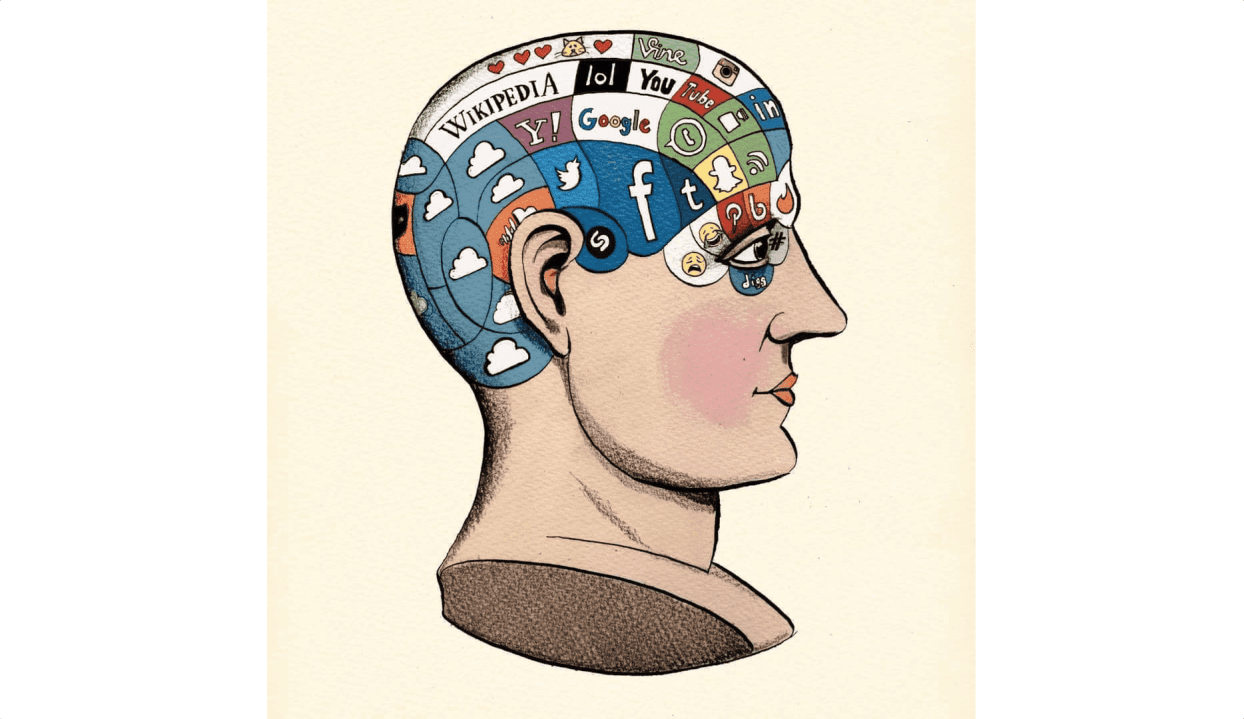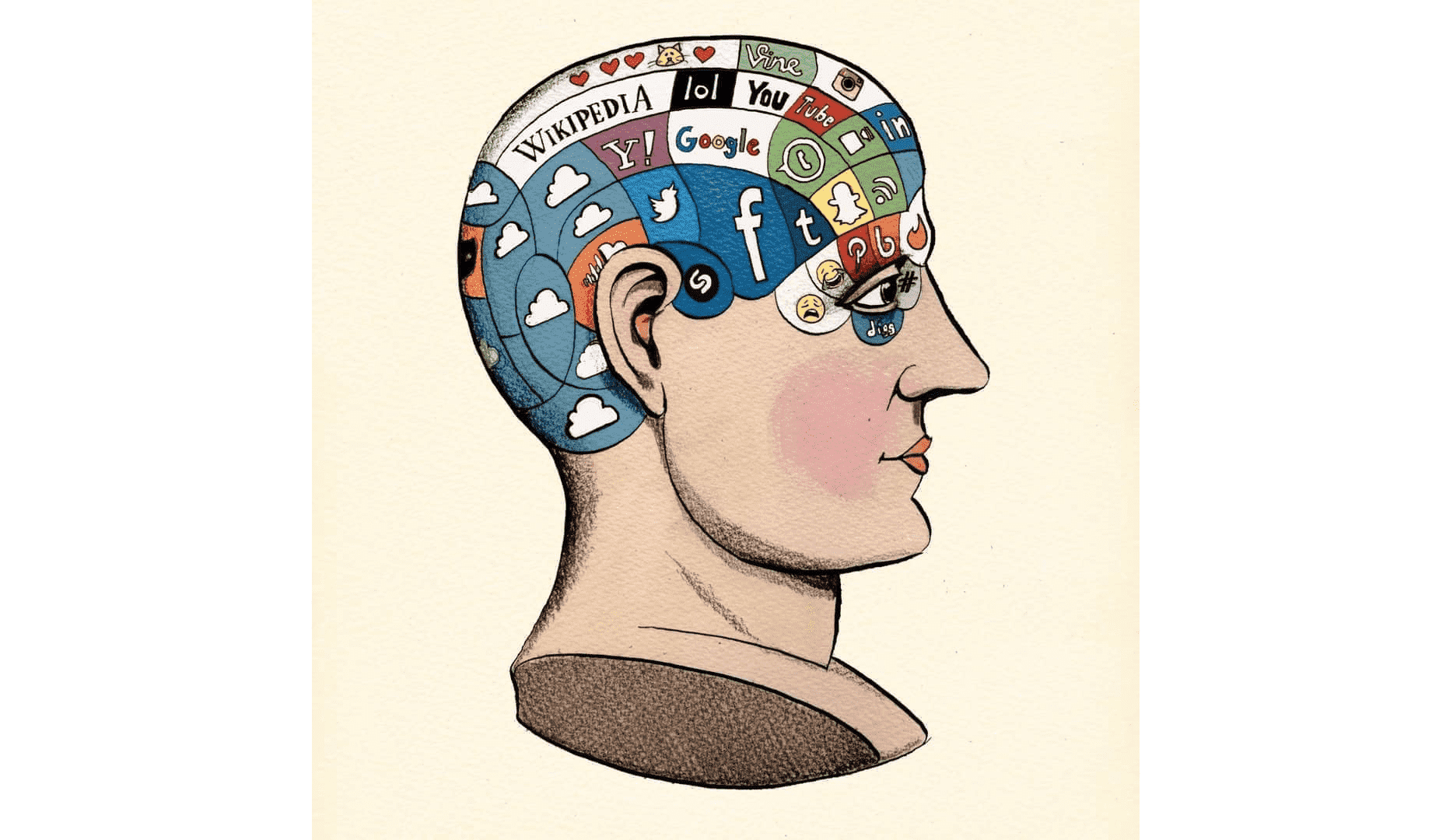The Chicxulub meteor did for the dinosaurs; Netflix saw off Blockbuster. When the time comes to write the history of the Conservative party, the period from 2016 to today might be termed the ‘Whatsappocalypse’. If the Online Safety Bill genuinely wants to make Britain a better place to live, it should start by banning MPs from using social media.
Politics is not meant to be conducted over each of the day’s 24 hours, with every minor event demanding an instant response. Everyone reading this piece can think of a moment where their snap response to something – their gut instinct, or initial emotional flare-up – differed from what they actually did in the end, once they’d had time to calm down and think it over. Running politics without downtime pushes MPs to react to things as they occur. This is not a recipe for good governance.
When everyone is constantly networked into one another, crowd dynamics overtake the individual
The constant plotting and panics that have marked British politics for the last six years feel in part like a consequence of a significantly tightened decision loop; governments do not feel as though they can let things play out before responding. The need to get on top of the narrative and stop restive MPs briefing against them to a constantly active media means decisions are made hastily and repented of at leisure.
This is exacerbated by the false window into the world offered by social media. MPs who are constantly online make the grievous mistake of confusing Twitter for the real world. And in a sense, it is; it’s the world as seen by those who work in politics and journalism. For all the talk of echo chambers and filter bubbles, the observation that there is a universal filter on entry into this space – the demographics of those willing to talk politics online, who lean young and left – tends to pass politicians by. For them, the map becomes the territory, and they govern as though Twitter – and its constant hunger for political drama – is Britain. And when Britain demands instant responses to every trifling event, who are our elected representatives to deny it?
This same permanent crisis feeds into how governments act – their attempts to fend off ambitious internal rivals and external threats – and eventually the norms of politics. WhatsApp and Twitter on their own might not have caused this meltdown if the norms of British politics were more stable. But Brexit, a one-off, one-shot chance to reshape the country and lock those changes in through international treaties, caused the breakdown of existing norms sustained by cooperation. And once a party gets used to toppling leaders and briefing against itself, a technology which makes it easier to brief accelerates the shift.
When everyone is constantly networked into one another, crowd dynamics overtake the individual. And crowds, no matter how wise people may claim they are, often make for bad environments for rational thought. Saying Whatsapp, Twitter, and Facebook are entirely to blame for melting MPs’ brain cells would be unfair, but they have certainly contributed. If we want British politics to return to sanity, we should start by asking our MPs to log off.








Comments